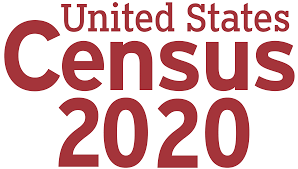The Washington-based American Planning Association is pushing for a greater involvement of professional planners in compiling information for next year’s national census.
In a statement, the group notes that responses to the decennial survey will “determine how we are represented in Congress and guide the allocation of billions of federal dollars to states and local and tribal governments each year for infrastructure and services such as schools, transportation projects, public safety, and health care.”
In a posting on the APA’s website, Timothy Olson, associate director of field operations for the U.S. Census, suggested that professional planners can provide technical assistance to any of the more than 2,500 counting committees set up by the bureau to process survey responses.
Olson also recommended that planners serve as liaisons between census officials and elected officials.
Planner participation may additionally be seen in helping to explain the complexities of the census to the general public.
“Planners are well positioned to shape our nation’s future by getting involved locally, helping to ensure that every person living in this nation is counted once, only once, and in the right place,” added Olson.
Millions of finalized questionnaires will be printed by the Census Bureau early this month.
That process follows on the heels of a U.S. Supreme Court decision blocking for now a question regarding citizenship status on the survey.
That question would have asked: “Is this person a citizen of the United States?” Detractors said that question could have prompted many would-be respondents from taking part in the survey out of fears that the answer might be shared with law enforcement officials.
In turn, the Census Bureau maintained that if those respondents declined to take part in the survey it could lead to significant undercounts in some communities.
The American Planning Association hailed that decision, noting, in a statement, that it is a “partial victory for communities that strive to create inclusive neighborhoods that connect residents—no matter their citizenship status—to jobs, services, and affordable and accessible housing and transportation options.”
By Garry Boulard



